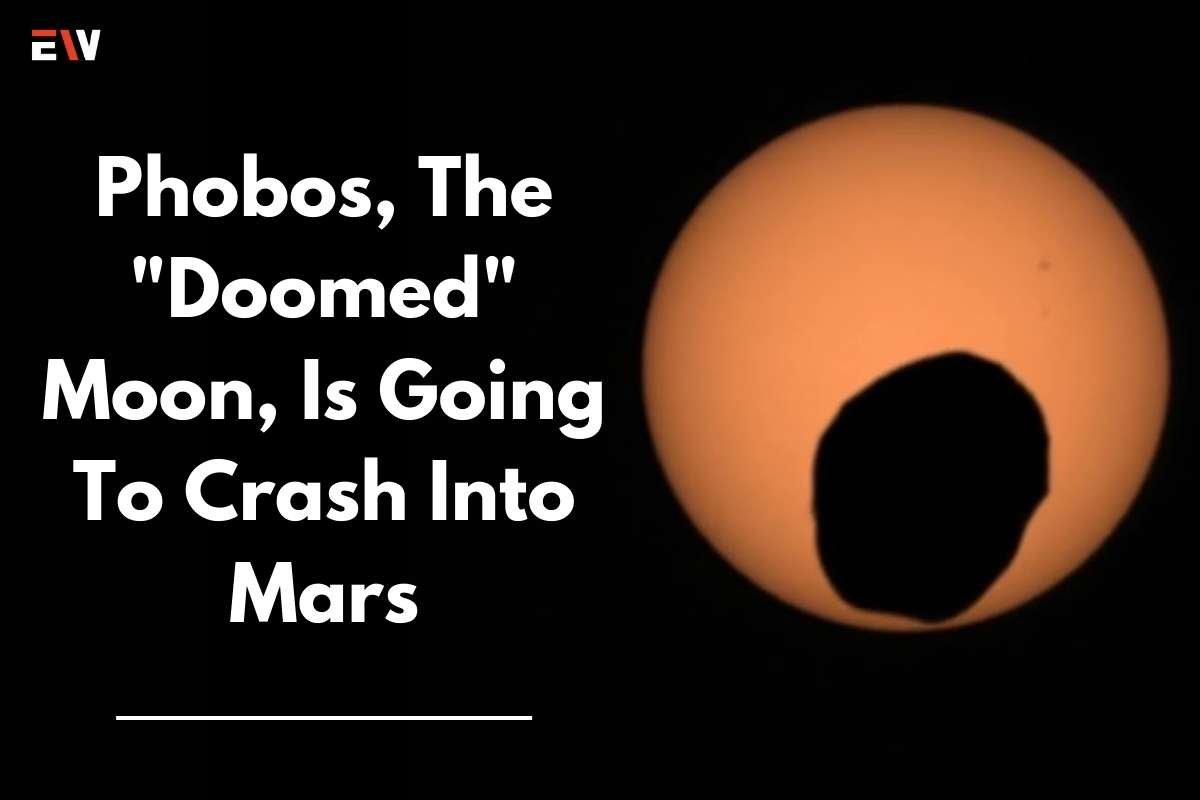NASA’s Perseverance Rover captured a stunning image of Phobos occulting the Sun from the surface of Mars. As the moon is destined by physics to one day slam into the red planet, the eclipse may have seemed more menacing to any Martian microbes lurking out there (ok, so there might not be living organisms up there, let alone ones aware enough to grasp the concept of an eclipse).
The closest of Mars’ two moons, Phobos, will continue to approach the planet before making its ultimate drop, while Deimos will continue to move farther and farther away from Mars until it quits its orbit. According to NASA’s page on the Martian moon, Phobos, it will either smash into Mars in 50 million years or break apart into a ring at a pace of six feet (1.8 meters) every hundred years.
The quantity and frequency of total solar eclipses will decline with time
Since our own Moon is moving away from us at a rate of roughly 3.78 centimeters (1.5 inches) per year, it is unlikely that our distant ancestors (should they still be alive) will ever witness a total solar eclipse. From our vantage point, it won’t be big enough to obscure the Sun. According to Richard Vondrak, a lunar scientist at NASA’s Goddard Space Flight Centre, the quantity and frequency of total solar eclipses will decline with time. “Earth will witness the beauty and drama of a total solar eclipse for the last time approximately 600 million years from now.”
Our Moon’s total eclipse of the Sun at this time is a happy happenstance. Due to the Sun’s 400 times greater distance from Earth and 400 times larger diameter than the Moon, they appear to be almost the same size in the sky. The Moon would have seemed nearly three times as large in the sky four million years ago before it wandered to its present orbit. Fortunately, depending on your perspective, before we are properly detached from the Moon’s influence, the Sun will turn into a Red Giant and swallow the Earth. We’ll all descend together.
Why Phobos is Doomed to Crash into the Martian Surface
Orbits just a few thousand miles above the surface of the Mars
This item has already appeared in April of 2022. Phobos, a moon of Mars, orbits just a few thousand miles above the surface of the Red Planet. One of the reasons astronomers were unable to observe the satellite until the late 19th century was because of how close it was to its planet.
In actuality, the moon is moving towards Mars and will eventually either fragment or be dragged onto the surface of Mars. Phobos, a moon of Mars, orbits just a few thousand miles above the surface of the Red Planet. One of the reasons astronomers were unable to observe the satellite until the late 19th century was because of how close it was to its planet. In actuality, the moon is moving towards Mars and will eventually either fragment or be dragged onto the surface of Mars.










